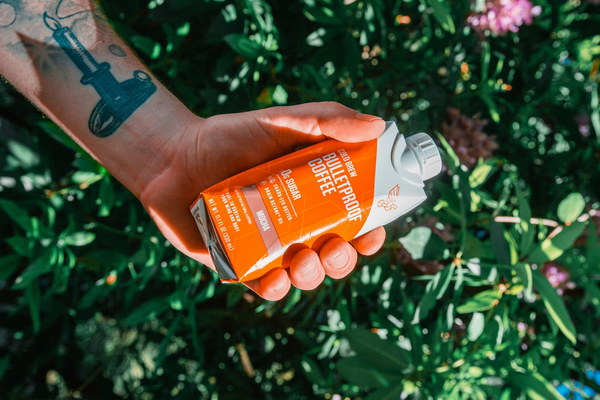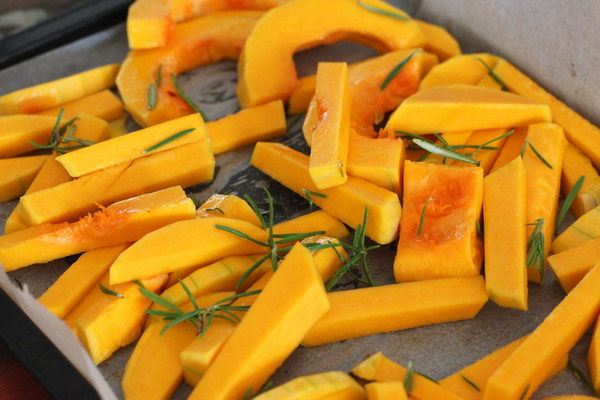Nourishing Your Yin Deficiency on the Winter Solstice A Comprehensive Guide to Winter Health
As the longest night of the year approaches, the Winter Solstice ushers in a time when the natural world slows down, and the body craves warmth and nourishment. For those with a Yin Deficiency, this period can exacerbate their symptoms, making it even more crucial to adopt a tailored approach to winter health. This article delves into the intricacies of nourishing your Yin during the Winter Solstice, offering practical advice and traditional remedies to help you stay balanced and healthy throughout the coldest months.
Understanding Yin Deficiency
Yin Deficiency is a concept deeply rooted in Traditional Chinese Medicine (TCM), referring to a state where the body lacks the essential Yin energy, which is associated with cooling, moisturizing, and calming properties. Symptoms of Yin Deficiency include dry skin, hot flashes, night sweats, irritability, and sleep disturbances. During the Winter Solstice, when the cold and dryness are at their peak, these symptoms can become more pronounced.
The Importance of Nourishing Yin
To counteract the Yin Deficiency during the Winter Solstice, it is essential to focus on foods, habits, and practices that support Yin energy. By doing so, you can help your body maintain balance and reduce the risk of colds, flu, and other winter-related illnesses.
1. Foods That Nourish Yin
The following foods are rich in nutrients and can help nourish your Yin during the Winter Solstice:
- Leafy greens: Spinach, kale, and Swiss chard are excellent sources of vitamins and minerals that can help maintain your Yin balance.
- Fruits: Avocado, pear, and melon are hydrating and can help combat dryness.
- Nuts and seeds: Almonds, walnuts, and chia seeds provide essential fatty acids and minerals to support your Yin.
- Fish: Cold-water fish, such as salmon and mackerel, are high in omega-3 fatty acids, which can help regulate your body's temperature and reduce inflammation.
- Grains: Quinoa and brown rice are nutrient-dense options that can provide sustained energy and support your Yin.
2. Herbs and Supplements
Herbs and supplements can also play a crucial role in nourishing your Yin during the Winter Solstice. Some popular options include:
- American ginseng: Known for its adaptogenic properties, it can help your body adjust to seasonal changes and support overall energy levels.
- Astragalus: This herb is often used to boost the immune system and improve energy.
- Licorice root: A sweet herb that can help balance the body's Yin and Yang energies.

3. Lifestyle Adjustments
In addition to dietary changes, consider the following lifestyle adjustments to support your Yin during the Winter Solstice:
- Stay hydrated: Drink plenty of water and herbal teas, such as chamomile or ginger, to keep your body hydrated.
- Get adequate sleep: Prioritize rest and aim for 7-9 hours of quality sleep each night.
- Practice gentle exercise: Engage in low-impact activities like yoga or tai chi to maintain your energy levels and promote flexibility.
- Manage stress: Find ways to reduce stress, such as meditation, deep breathing exercises, or spending time in nature.
4. Acupuncture and Massage
Acupuncture and massage therapy can also help alleviate symptoms of Yin Deficiency during the Winter Solstice. These treatments can promote the flow of Qi (vital energy) and balance the body's Yin and Yang energies.
Conclusion
The Winter Solstice is a time when it is especially important to pay attention to your Yin Deficiency and take proactive steps to support your health. By focusing on dietary changes, incorporating herbs and supplements, adjusting your lifestyle, and seeking alternative therapies, you can help maintain a balanced Yin energy and enjoy a healthier winter season. Remember, taking care of your body during the coldest months can set the stage for a vibrant and energetic year ahead.









